11.04.2025..TODAY's...News of Untouchables .....अछूत समाचार.தீண்டாமை செய்திகள்.by Team சிவாஜி. शिवाजी .Shivaji.asivaji1962@gmail.com.9444917060.asivaji1961@gmail.com.facebook.sivajiyogatiruvannamalai.X.ShivajiA479023(in all languages)
Telangana Backward Classes quota bill for local bodies awaits governor's nod

Mahisagar Collector’s ‘objectionable remarks’ against tribals: Police sent mobile phone and pen drive to forensic lab
The NCSC had earlier sought an action taken report from police authorities in connection with the episode after receiving a complaint from Ahmedabad-based human rights activist Sanjay Parmar.
 In its report, Mahisagar police stated that Vijay, the applicant before the then Collector, had on October 30 last year given a complaint to police to register an FIR against her under the provisions of the Atrocities Act.
In its report, Mahisagar police stated that Vijay, the applicant before the then Collector, had on October 30 last year given a complaint to police to register an FIR against her under the provisions of the Atrocities Act.The Mahisagar district police have launched a probe in connection with a complaint lodged against the then district Collector Neha Kumari for allegedly making anti-Dalit and anti-tribal remarks during an official programme last year, officers familiar with the development said on Thursday. Meanwhile, in the latest round of transfers of IAS officers Wednesday, Gujarat government transferred Kumari from the post of Mahisagar Collector and appointed her as director of Gujarat State Electronics Mission in Gandhinagar.
The police have sent the mobile phone and a pen drive containing the purported video to the forensic science laboratory (FSL) to check its authenticity, said the officers. The police are awaiting FSL report on the same, sources said. The development was shared by the office of Mahisagar District Superintendent of Police to the National Commission for Scheduled Castes (NCSC) in an official communication last month.
The NCSC had earlier sought an action taken report from police authorities in connection with the episode after receiving a complaint from Ahmedabad-based human rights activist Sanjay Parmar. Sanjay is also the Gujarat state convener of Gnati Nirmulan Samiti, a voluntary organisation. In his complaint, Sanjay had referred to a purported video which was shot during a SWAGAT (State Wide Attention on Grievances by Application of Technology) programme in the Mahisagar district on October 23 last year. Sanjay alleged that in the purported video, the then Mahisagar Collector ‘insulted’ a man from the Scheduled Caste community, Vijay Parmar, who was making a representation, while also claiming that 90% of the cases registered under the Scheduled Castes and Scheduled Tribes (Prevention of Atrocities) Act, commonly known as Atrocities Act, are being lodged for ‘blackmailing’.
Sanjay has demanded to dismiss the then Mahisagar Collector from service for violation of All India Services (Conduct) Rules, 1968, and to register a criminal case against her for her alleged comments in the purported video under the Atrocities Act. In connection with the communication from NCSC seeking an action taken report on the episode, the office of Mahisagar District Superintendent of Police submitted a report to the Commission last month.
Dalit History month Recognized in Burlington Amid Calls for Awareness and Protection
Last April, the City of Burlington officially proclaimed Dalit History Month, recognizing the resilience, history, and ongoing struggles of the Dalit community, both locally and globally. Mayor Marianne Meed Ward made the declaration, noting the city’s ongoing commitment to addressing systemic racism and discrimination in all its forms.
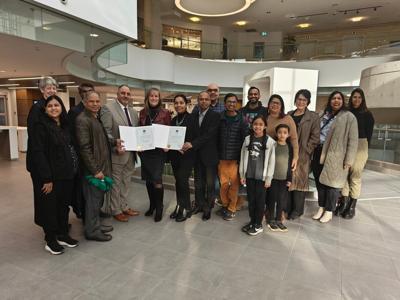
The City of Burlington proclaimed April 2024 to be Dalit History Month and April 14 as Bhim Rao Ambedkar Day of Equity, and did again in 2025.
Last April, the City of Burlington officially proclaimed Dalit History Month, recognizing the resilience, history, and ongoing struggles of the Dalit community, both locally and globally. Mayor Marianne Meed Ward made the declaration, noting the city’s ongoing commitment to addressing systemic racism and discrimination in all its forms.
“I, Marianne Meed Ward, Mayor of the City of Burlington, do hereby declare April 2024 as ‘Dalit History Month’ in the City of Burlington,” reads the proclamation, which honours the birth and death anniversaries of key social reformers such as Dr. Bhim Rao Ambedkar, Jyotirao Phule, Mangu Ram Mugowalia, and Sant Ram Udasi.
And again, April 2025 was proclaimed as Dalit History Month in Burlington, alongside April 14 being declared Dr. Bhim Rao Ambedkar Day for Equity.
Dalit History Month is observed globally to commemorate the experiences and resistance of Dalit people — formerly referred to as “untouchables” — and to recognize their contributions to justice and equality. While the caste system originates from South Asia, its impact extends far beyond those borders.
“This is why we are celebrating this Dalit history here,” said Vijay Puli, founder and director of the South Asian Dalit Adivasi Network (SADAN). “There are so many Dalit people who came from South Asia to escape discrimination, but they are still facing the same kind of treatment here in Canada.”
Puli described caste-based discrimination as a “multi-generational issue” deeply rooted in the 2,500-year-old caste hierarchy of South Asia. “Dalit is the new identity for the untouchables,” he said. “Even in Canada, people are asked their caste when renting houses, denied opportunities, and ostracized based on what they eat. If they say they eat beef, that’s often used to identify them as Dalit.”
He noted that caste discrimination in Canada can affect Dalits’ access to housing, employment opportunities, and education. “Dalit people aren’t getting promoted once dominant caste supervisors or managers learn of their identity,” Puli said. “They face discrimination in the school system, in workplaces, and even in social gatherings and partner relationships.”
In 2021, Dalit History Month was first celebrated in Canada through community efforts in the Peel Region. Since then, it has gained growing support across the country. Human rights institutions are beginning to formally acknowledge caste-based discrimination. The Ontario Human Rights Commission now recognizes caste as a category that can fall under prohibited grounds such as race, ancestry, and place of origin. The Toronto District School Board has taken steps to address it, and the British Columbia Human Rights Tribunal has also acknowledged caste-based discrimination. A motion is before Canada’s House of Commons to explicitly add caste as a protected category under the Canadian Human Rights Act.
The City of Burlington echoed the importance of awareness in a statement: “The City is enriched by the cultures, histories, and contributions of diverse communities here in Burlington. Dalit History Month, recognized by a proclamation each year, is an opportunity to reflect on the resilience and activism of Dalit and caste-oppressed communities, honouring those who have been instrumental in the fight for social justice and equality.”
Although the city is not hosting any events directly, it encourages local organizations to list their events on the city’s online calendar and participate in learning more about Dalit history and its significance. “The City remains committed to advancing equity, inclusion, and human rights, in alignment with the Ontario Human Rights Commission’s recognition of caste-based discrimination,” the statement reads.
A major community event recognizing Dalit History Month will take place on April 12 at Tomken Twin Arena in Mississauga, hosted by SADAN. The event, themed “Caste & Race in Global Context,” features speakers such as Dr. Sumeet Mhaskar of Carleton University, Dalit doctoral scholar Kavya Harshitha Jidugu of Queen’s University, and Alayna Puli, a youth activist and member of SADAN. More than 150 attendees are expected, and the event will also include a stand-up performance by Dalit comedian Manjeet Sarkar.
Puli expressed gratitude to the individuals and organizations that have supported the Dalit community’s journey toward recognition. “There is a need to recognize this because people are still facing the same kind of discrimination here in Canadian society,” he said. “Thanks to the people and organizations that have recognized and celebrated Dalit History Month — it’s very important for everyone’s voice to be included.”
When asked how Canadians can learn more, Puli recommended Caste: The Origins of Our Discontents by Isabel Wilkerson and its accompanying film Origin, which follows Wilkerson’s journey in writing the book and examining how caste operates in different global contexts.
“We hope to bring more awareness to Canadian history and see caste recognized under DEI protections,” Puli added. “It’s time for laws that provide real protection and security to Dalit people in Canada — so they can advocate for themselves and live free of discrimination.”
Most of all, Puli expressed gratitude. “I want to thank all the organizations, municipalities, and people that have supported Dalit history in Ontario. Their allyship is priceless.”
- Home
- Live Blog
- Breaking News
- Top Headlines
- Cities
- NE News
Assam: Bodo leaders mourn death of AASAA president Pradeep Nag
President of the ABSU Dipen Boro today expressed deep sorrow over the sudden death of All Adivasi Students’ Association of Assam (AASAA) President Pradeep Nag.
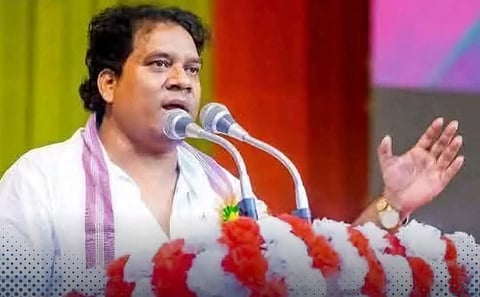
OUR CORRESPONDENT
KOKRAJHAR: President of the ABSU Dipen Boro today expressed deep sorrow over the sudden death of All Adivasi Students’ Association of Assam (AASAA) President Pradeep Nag. He was deeply saddened by the untimely demise of Pradeep Nag and that his passing is not only a profound loss to the Adivasi community but also to the broader social and student movements in Assam and beyond, he said, adding that Nag was his bosom friend and they belonged to the same district. His unwavering dedication, humility and courage were a constant source of inspiration to him and many others who had the privilege of knowing him closely, he added.
“In this moment of grief, I extend my heartfelt condolences to his bereaved family, friends, and all those whose lives he touched through his tireless work. His absence leaves a void that will be difficult to fill, but his legacy will continue to inspire generations,” Boro added.
Former chief of BTC Hagrama Mohilary said, “It is with profound sorrow that we extend our heartfelt condolences on the tragic loss of AASAA President Pradeep Nag. His untimely passing has left an irreplaceable void, not only in the hearts of his family but across the entire tribal community and the people of Assam, whom he served with unwavering dedication. Nag’s life was a testament to courage, compassion, and selfless service. His voice, a beacon of hope for the marginalized, will resonate through the legacy he leaves behind.”
On the other hand, former Deputy Chief of BTC and present UPPL leader Kampa Borgoyari said that he was deeply saddened by the sudden passing of Pradeep Nag, an esteemed Adivasi leader and the President of the AASAA. He also said that his loss was a great sorrow for the Adivasi community and other tribes.

Tribal Rally in Ambegaon: A March for Rights and Recognition
Adivasis in Ambegaon Organise Rally to Highlight Their Concerns and Demands
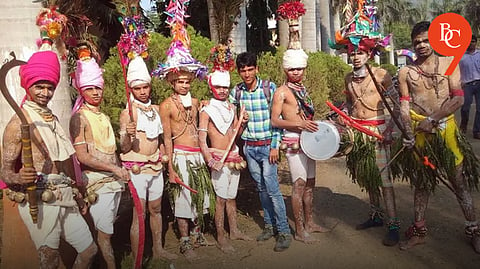
Land Rights:
Adivasis are seeking secure land tenure and protection against encroachment by non-tribal communities. The rally highlighted the need for effective implementation of the Forest Rights Act (FRA) to safeguard their ancestral lands.
Education and Healthcare:
Participants emphasized the lack of quality educational facilities and healthcare services in tribal areas. They demanded improved infrastructure and access to these basic services to bridge the gap between tribal and non-tribal communities.
Economic Empowerment:
The rally also focused on economic empowerment through sustainable livelihood opportunities and support for tribal entrepreneurship. Adivasis are seeking government initiatives to promote their traditional crafts and industries.
The rally was supported by local leaders and activists who have been advocating for Adivasi rights. The event helped raise awareness about the challenges faced by tribal communities and the importance of addressing these issues to ensure social equity.
The Adivasi rally in Ambegaon marks a significant moment in the ongoing struggle for tribal rights and recognition. The community continues to voice its demands, it is crucial for policymakers to engage with these concerns and implement meaningful reforms to support the well-being and empowerment of Adivasis.
Dalit History Month: 10 books that heal
From Ambedkar to Bama, what Siddhesh Gautam is reading in April
Updated - April 11, 2025 05:12 pm IST

Image for representation purpose only. | Photo Credit: Getty Images/istock
I’ve recently started reading again, not to remember but to heal. I’m reading to find the pieces of me that the world keeps trying to scatter. These books aren’t just texts. They’re testimonies. They don’t ask to be read. They ask you to remember. To listen. To rise.
1. ‘Path to Salvation’ by B.R. Ambedkar

This sharp essay doesn’t just question religion, it questions the terms of our survival. One of the most important works of Ambedkar for the young generation. Once you walk through it, you know you’ll never bow again.
2. ‘The Vulgarity of Caste’ by Shailaja Paik

It unravels the tight knots of shame and respectability tied around Dalit women. Every sentence is a blade cutting through the silence, reminding me that dignity isn’t given, it’s seized.
3. ‘Masawat Ki Jung’ by Ali Anwar

This book blew my mind and made me realise so many things I was brought up around but never read about. It gave me a new map of shared struggles, cross-stitched across Dalits and Muslim Dalits and Pasmanda Muslims. A reminder that caste is shrewd, but our solidarities can be sharper.
4. ‘Just One Word: Short Stories’ by Bama
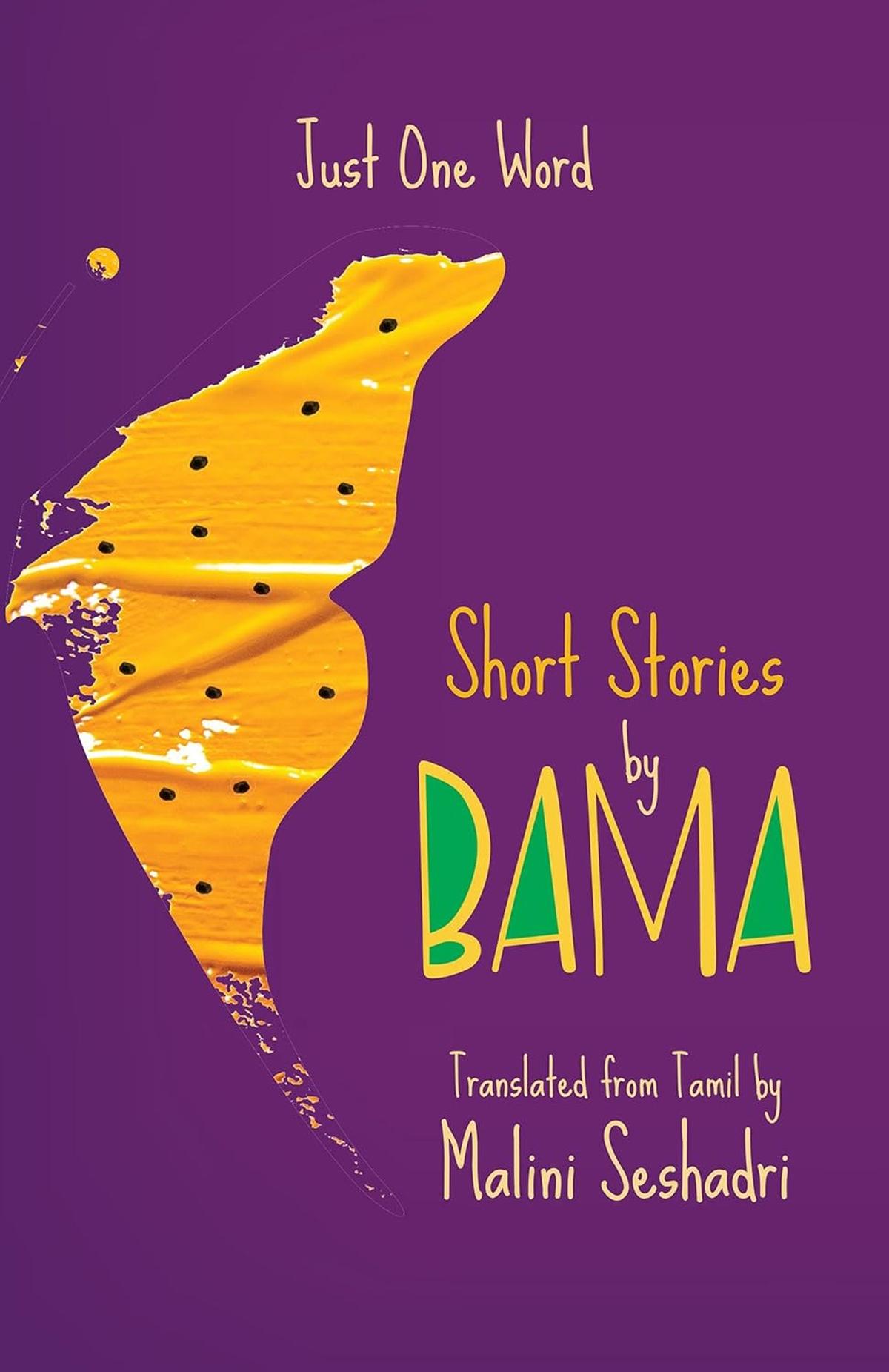
It reads like home and heartbreak. Her stories made me walk barefoot, with mud between my toes and fire in my voice. It’s the nostalgia that popular culture doesn’t touch. I felt my aunties, my neighbours, my childhood, my anger; all talking through her.
5. ‘Dalit Kitchens of Marathwada’ by Shahu Patole
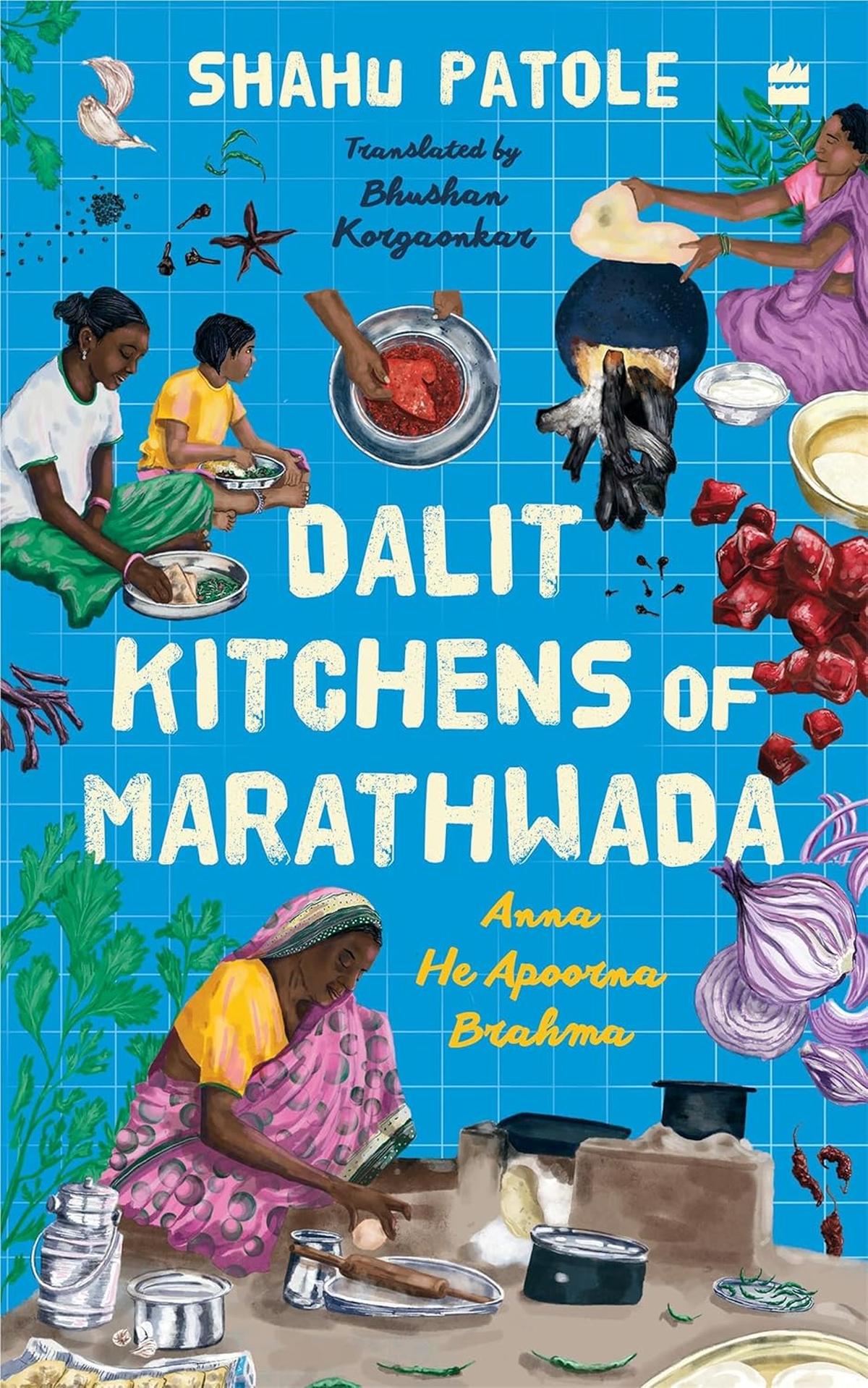
This book fed me. It talks about food as memory and food as resistance. Recipes that taste like struggle, like Sunday mornings, like my refusal to forget my grandmother. Shrujana’s illustration on the cover only makes you want to light up your stove and cook some of your own culture.
6. ‘Ants Among Elephants: An Untouchable Family and the Making of Modern India’ by Sujatha Gidla

Sujatha’s Ants Among Elephants felt like listening to an elder sister (that I never had) telling her story just before sleep at midnight. Soft. Brutal. True. The kind of truth that sticks to your skin. Her family’s resistance becomes your inheritance too. I wish I had read it as a kid who never had a sister. I would’ve been a much better human being today.
7. ‘Concealing Caste’ by K. Satyanarayana and Joel Lee
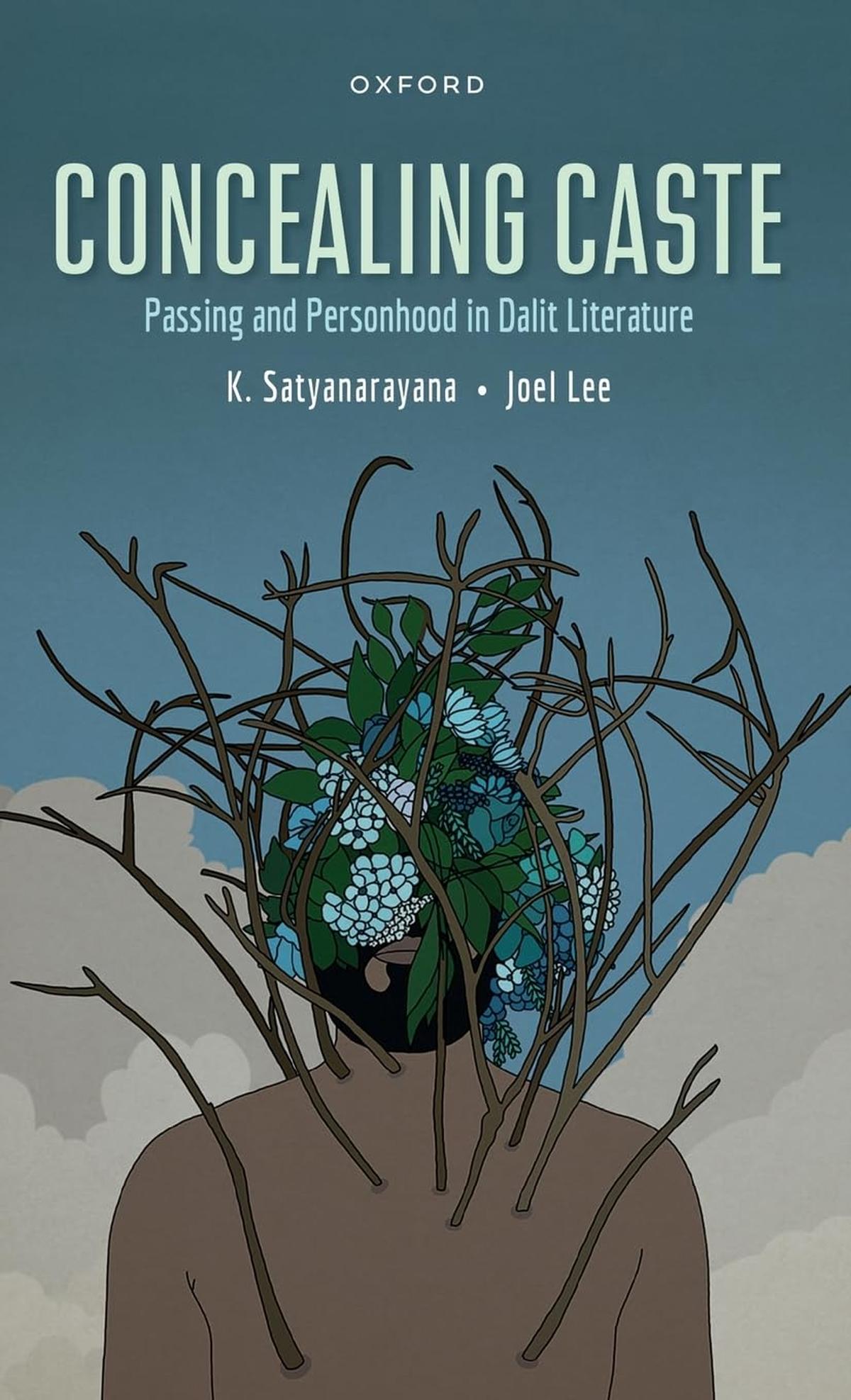
I picked up Concealing Caste not because I did the cover illustration but it spoke about incidents that I can relate to. Satyanarayana and Joel Lee laid it bare, how caste is not just a system, but a performance. A disappearing act. How even in “progressive” spaces, the ghost of caste lingers behind every smile.
8. ‘Dalit Art and Visual Imagery’ by Gary Michael Tartakov

It reminded me of why I draw. Because we’ve always drawn. We’ve carved our lives into stone, stitched our grief into cloth, painted our revolutions in colour. Even when they tried to make us invisible, we made ourselves seen.
9. ‘We Also Made History: Women in the Ambedkarite Movement’ (revised edition) by Urmila Pawar and Meenakshi Moon
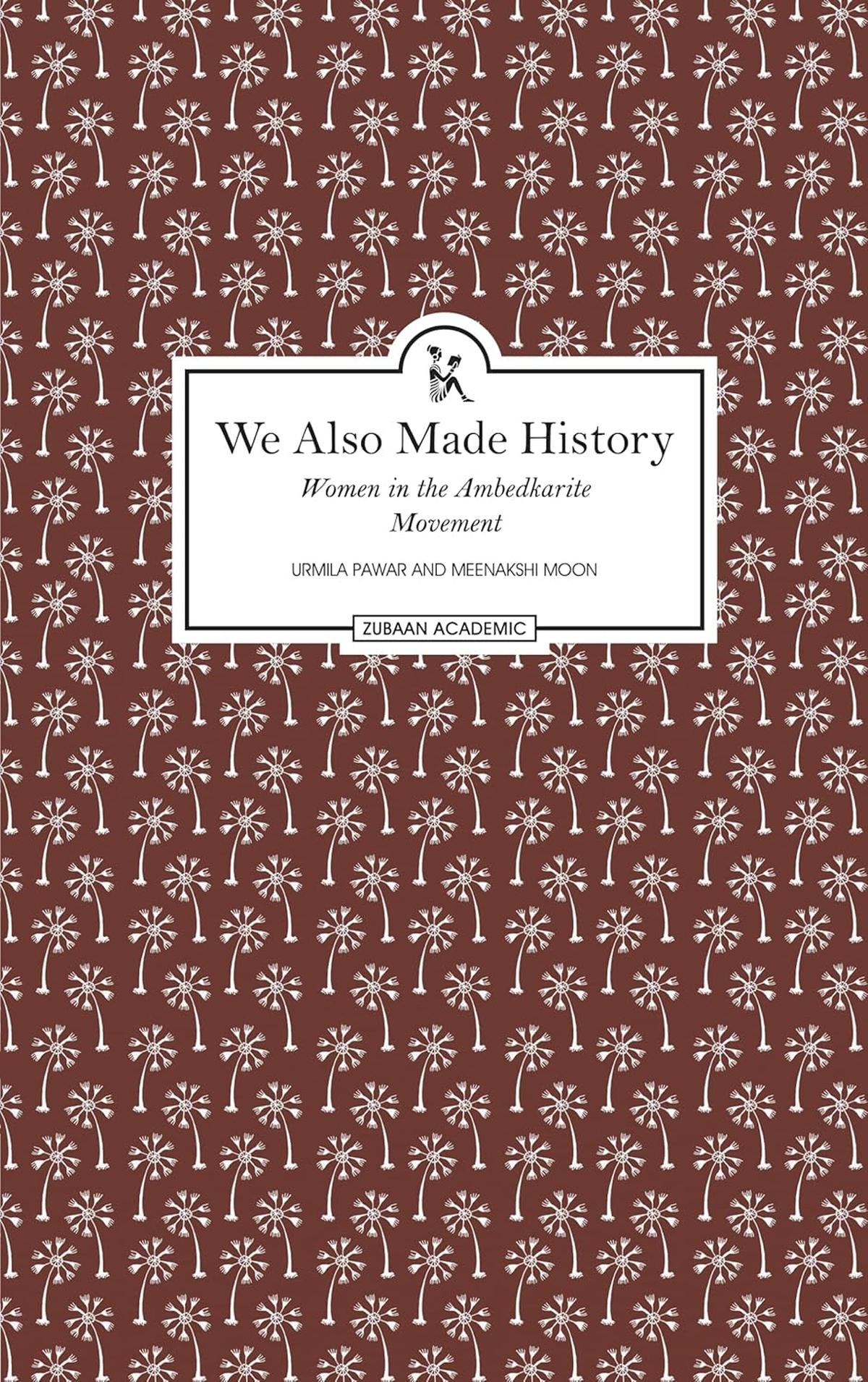
It made me weep. Because we did make history. But they never wrote us in. So we wrote ourselves back. Page by page, wound by wound, march by march.
10. ‘Motherwit’ by Urmila Pawar
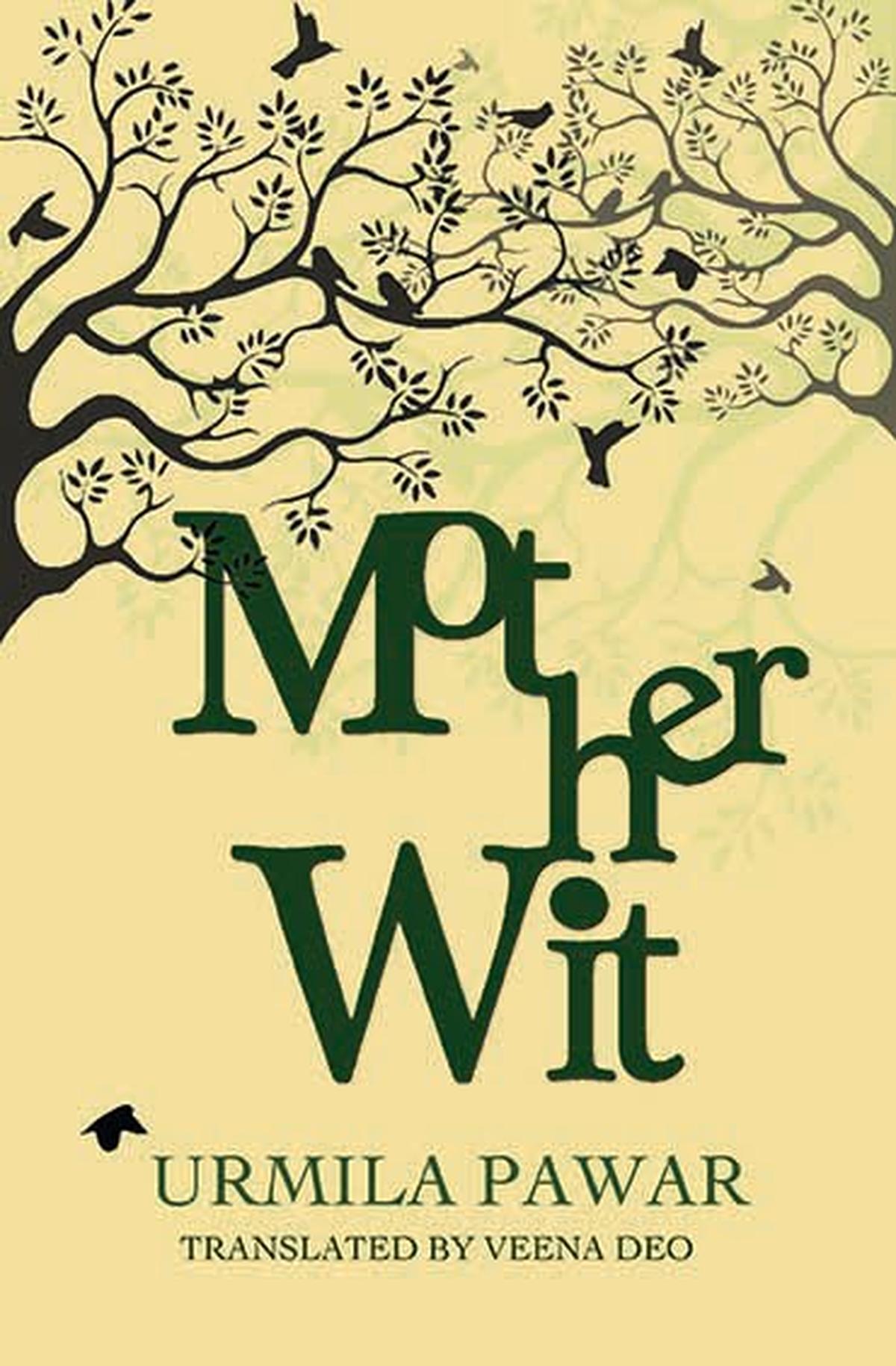
This book didn’t speak to me, it sat beside me. It held my hand. Her voice is like my mother’s: sharp, teasing, full of love that hides in complaint. She reminded me that survival isn’t just about strength, it’s also about laughter.
The writer is a Delhi-based mixed-media artist, designer and storyteller whose visual documentation of the anti-caste movement is at @bakeryprasad on Instagram.
Published - April 11, 2025 09:01 am IST






